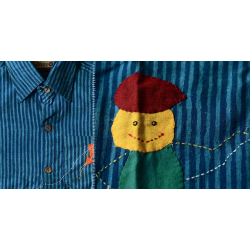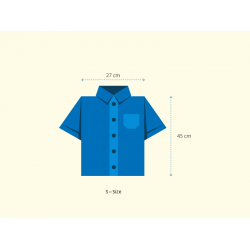- Availability: 1
- Made & Mkt by: Gaatha
- Product Code: 3788-BS1
- Weight: 100.00g
Available Options
The typical dispatch time is 2-3 days; however, in special cases, it may take longer. Please refer to the product details section for specific timelines. Once dispatched, we will share the tracking details with you.
For returns, you can file a request within 24 hours of receiving the product. If the package is damaged, please make a video while unboxing and share images of the damaged item along with your return request.
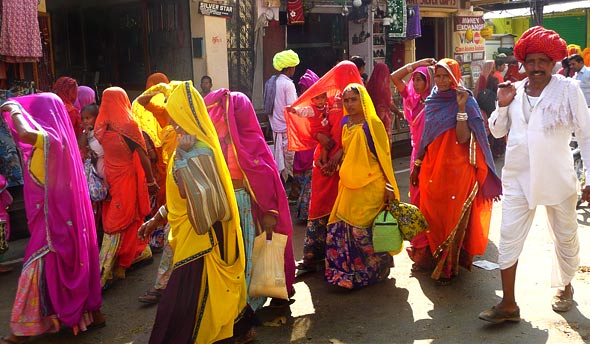
Over a century ago, when the world was bereft of any mechanical looms, the fabrics could only be made manually through traditional looms. Then, the fabrics were considered as a luxury and a person who could own a couple of such dresses was thought to be well off. In those days, even worn out clothes, which could no longer be wore, were collected by women in the family. With the arrival of winters these clothes were put as fillers in-between two layers of fabric and continuous stitches were done to hold them at their place. These were then used as quilts. A technique born out of necessity evolved into several interesting crafts there on.
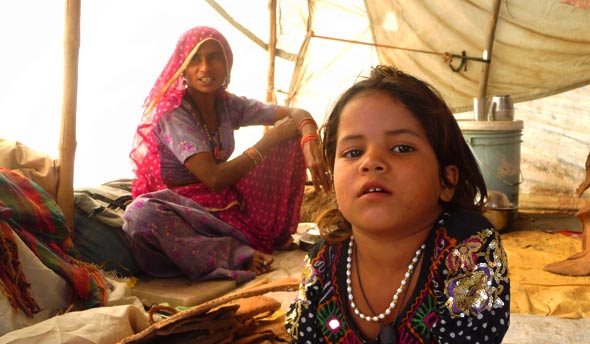
In Rajasthan, this technique was called ‘Tanka-kaam’, which is now classified as a type of folk embroidery. As this part of India faces winters and summers in their extremes, the preparation starts quite early and the women make ‘Bichawana’ (quilts and beddings) out of discarded cloth pieces.
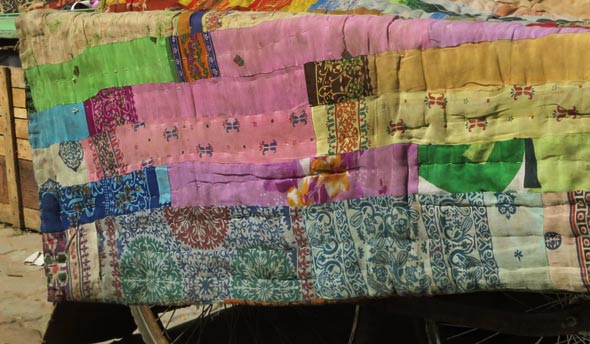
Often small pieces of fabrics from discarded clothes were stitched together to form a fabric of larger length and employed wherever there was a need of a large fabric. The process was simple, involving just a needle as a tool and proceeded without any preconceived designs. Hence, there was spontaneity of colors in every product. Mostly cotton fabrics and cotton yarns are used as raw materials.
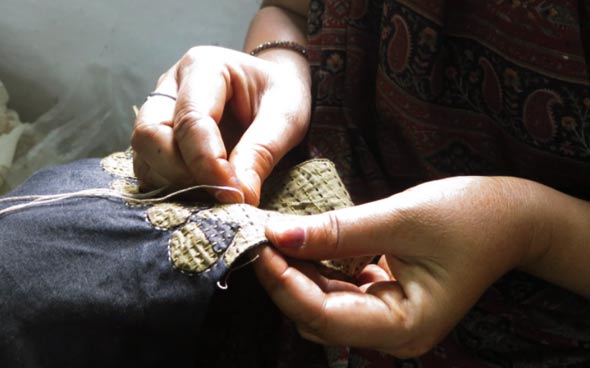
These ‘Bichawanas’ soon became a form of expression for the women of Rajasthan. As these were often laid out in the sun for drying, the more beautiful ones would get noticed and the women creator acknowledged and appreciated for it. They started outshining each other with newer techniques employed to make awe-inspiring ‘Bichawanas’. Every community had a unique way of making their beddings; these creations were also a vital part of the dowry, which a girl took to her new house.
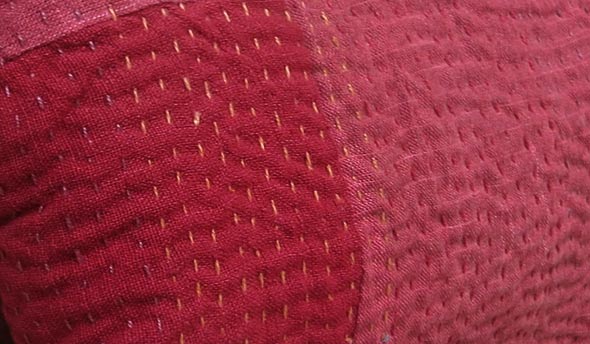
After the arrival of industrially produced fabrics, there was no dearth of it and that too at cheaper prices. The craft became more of a cultural identity for communities and women continued practicing. The technique then spilled to several other usages, such as clothing, wall hanging, curtains, covers etc. The process to make these products became more systematic, in the sense that the women did not wait till the clothes of the family members were reduced to rags to start making these products as the fabrics could be sourced easily.
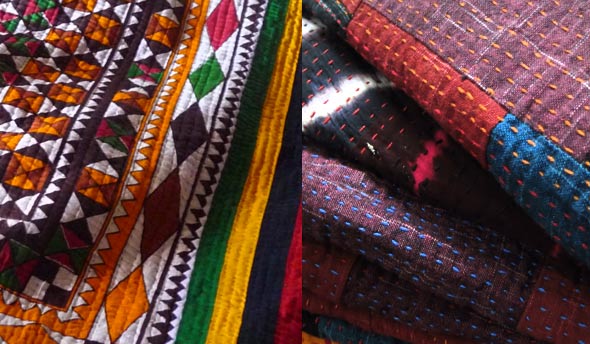
Now women chose the colors and textures of their liking to put into these stitched mosaics. Designs also started getting pre-decided and several embellishments such as shells, mirrors, tassels and embroidery were now embellished on top.
| Craftsmen | |
| Made by | Artisans working at Sadhna |
| Village | Udaipur |
| Material | |
| Made of | Cotton |
| Instruction | |
| Note | The product shown is handmade and unique, expect some variation from shown design. |

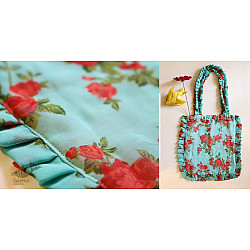
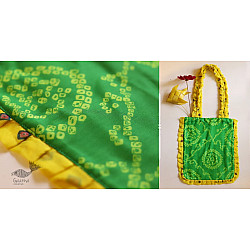
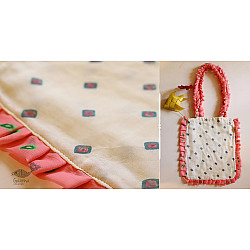
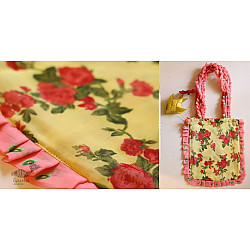
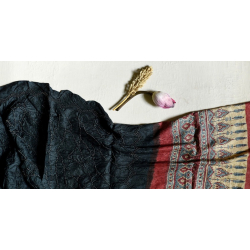
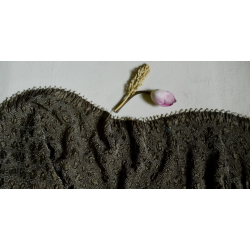
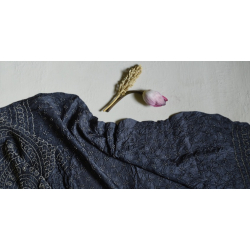
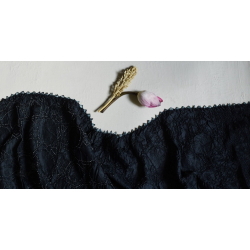
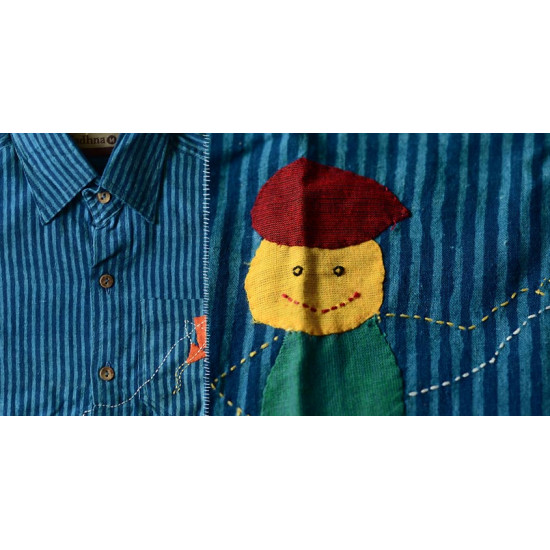
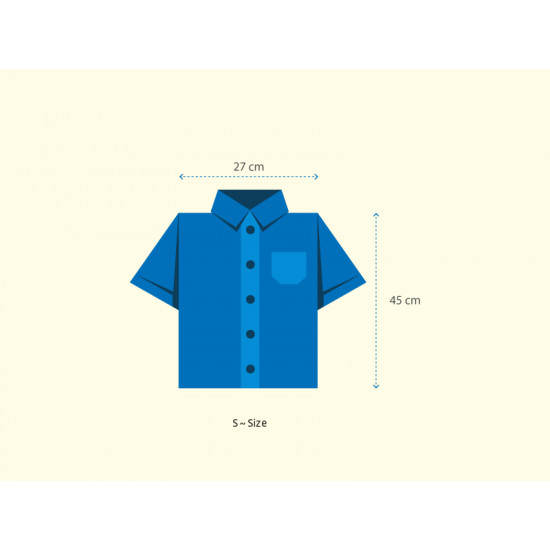
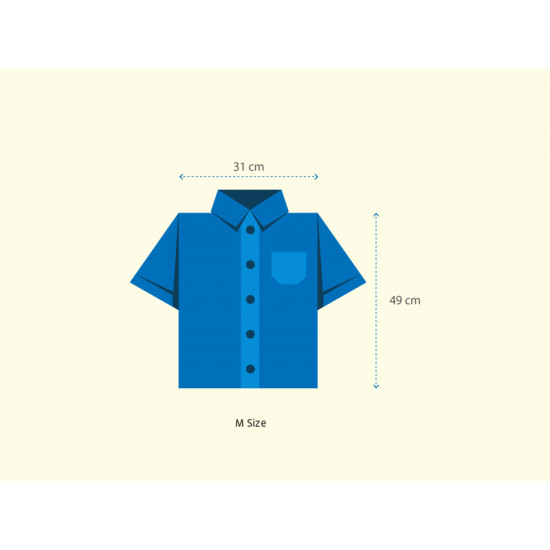
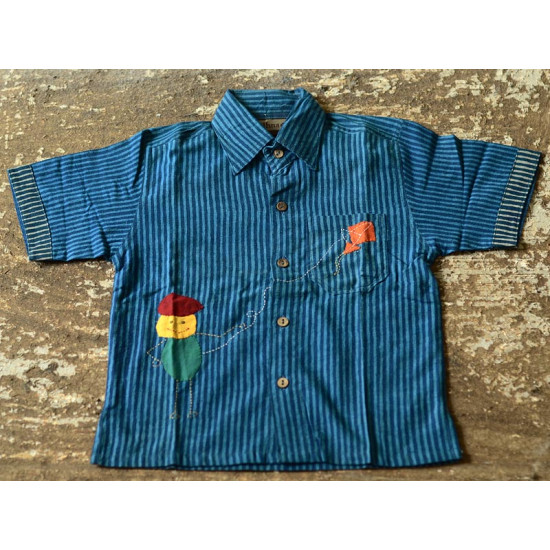
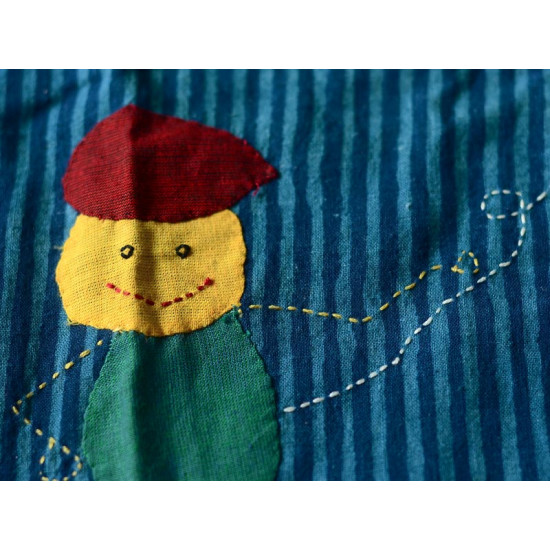





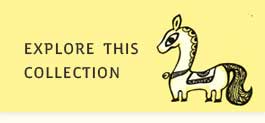
-225x150w.jpg)
-225x150w.jpg)
-225x150w.jpg)
-225x150w.jpg)
-225x150w.jpg)
-225x150w.jpg)
-225x150w.jpg)
-225x150w.jpg)
-225x150w.jpg)
-225x150w.jpg)
-225x150w.jpg)
-225x150w.jpg)
-225x150w.jpg)
-225x150w.jpg)
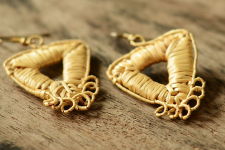
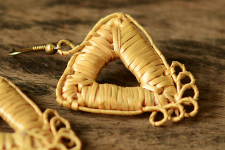
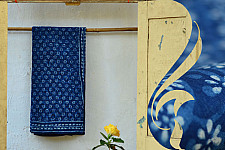
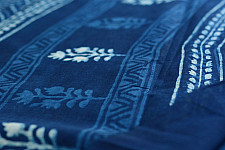
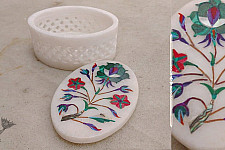
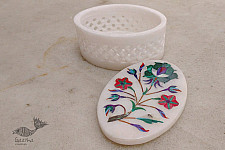
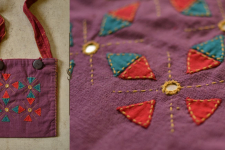
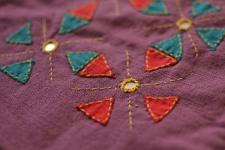
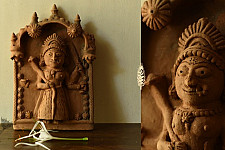
-225x150.jpg)
/03_05_2023/Padmapriya-Chanderi-Silk-Handwoven-Saree-2-225x150h.jpg)
/03_05_2023/09-(3)-225x150w.jpg)
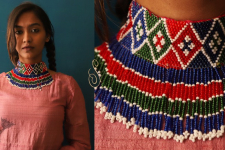
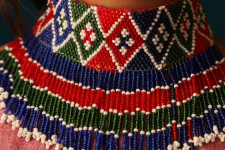
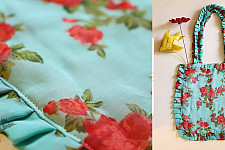
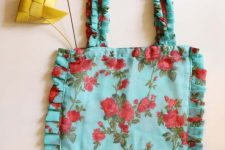
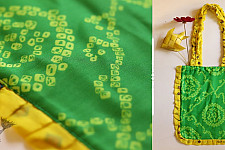
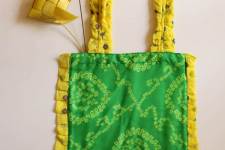
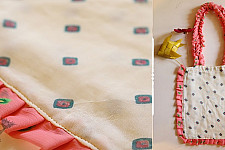
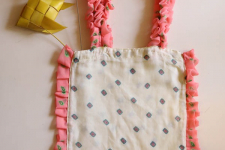
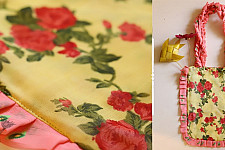
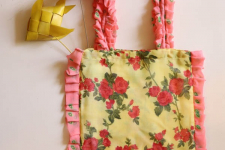
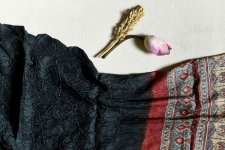
-225x150w.jpg)
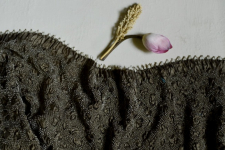
-225x150w.jpg)
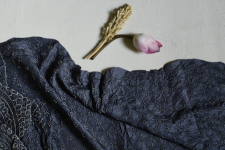
-225x150w.jpg)
